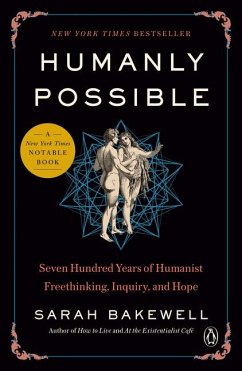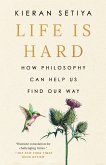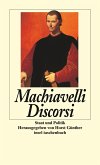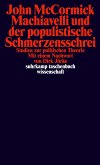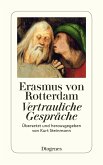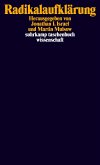"'This is a book about humanists, but even humanists cannot agree on what a humanist is,' declares Sarah Bakewell. Indeed, for centuries now, thinkers, writers, scholars, politicians, activists, artists, and countless others have been searching for and refining a philosophy of the human spirit. Humanism can be found in writings of Plato and Protagoras and in the thought of Confucius. It is ever-present in the work of Michel de Montaigne, and guided the thinking and activism of Harriet Taylor Mill. When Zora Neale Hurston writes, 'Somebody else may have my rapturous glance at the archangels. The springing of the yellow line of morning out of the misty deep of dawn, is glory enough for me.' That is humanism par excellence. In Humanly Possible, Bakewell puts forward that all the different meanings of 'humanism' are worth looking at together because they are all concerned with humanitas, or, as she puts it, 'our culture and learning, our words and art, our good manners and sociable desire to say hello to the universe.' What unites humanists, religious or not, scholarly or not, philosophical or not, is that they all put the human world of culture and morality at the center of their concerns. What could be more human than that? Embracing and indeed celebrating humanism's swirling, kaleidoscopic, rich ambiguity, Bakewell sets out not just to trace this vital philosophical lineage through the lives of its major protagonists but in fact to make her own dazzling contribution to its expansive literature. The result is an intoxicating, joyful celebration of the human spirit from one of our most beloved and charming writers"
Hinweis: Dieser Artikel kann nur an eine deutsche Lieferadresse ausgeliefert werden.
Hinweis: Dieser Artikel kann nur an eine deutsche Lieferadresse ausgeliefert werden.
In this exhilarating handbook Sarah Bakewell explains that a humanist philosopher is one who puts the whole living person at the centre of things . . . Bakewell finishes this bracing book by urging us to draw inspiration from these earlier men and women as we try hard to live bravely and humanly in what sometimes seems like an aridly abstract and loveless world Sunday Times

